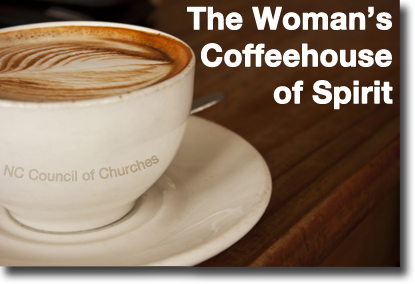The Changing Role of Women in North Carolina Protestant, Catholic, and Jewish Congregations over the Last Forty Years

This resource is a Readers Theatre Presentation compiled by Evelyn Mattern, S.F.C.C. (2002).
From the Introduction
This Readers Theatre presentation is a script to be performed by a group of women in a sanctuary, fellowship hall, or classroom. Eleven women (one narrator, ten religious representatives) is an ideal number of readers, but a smaller number is possible. Microphones could be helpful in larger spaces or with older audiences. A standing mike with two music stands might be a helpful prop. Some stage business (coffee-drinking, knitting, for example) is indicated, but readers can bring to the performance whatever tasks they are most likely to be doing when they chat with other women (scrapbooking, drawing, reading a paper, rolling bandages). Some of the speeches might allow for photographs to be held up and passed around.
The entire script, read with vigor and without breaks, takes approximately one hour. Allowing time for answering the questions posed by the narrator after each scene will lengthen the performance time. Some groupsmight wish to do one scene at a time, over a period of a day’s retreat or as part of a weekly meeting. This would allow extensive time for discussion of the questions.
The Readers Theatre text is essentially the words of women themselves who were interviewed in small group settings by members of the North Carolina Council of Churches Task Group on the Impact of the Women’sMovement on North Carolina Congregations. Questions were formulated under the direction of the UNC Oral History Project, which will also be the repository of the taped interviews and transcripts. The Readers Theatre is the Task Group’s effort to share the fruits of those interviews with a broader audience of interested persons of faith.

